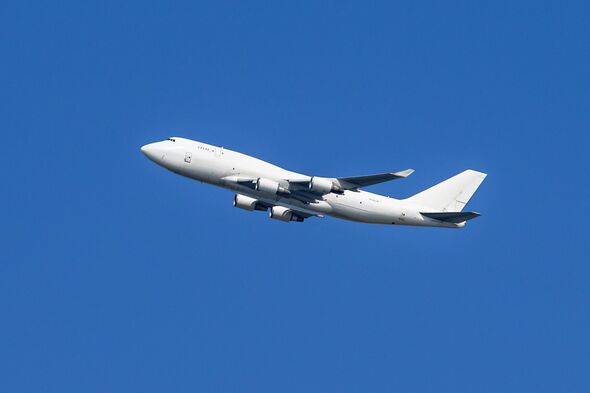Planes hold a special place in many people’s hearts and it’s always heartbreaking to hear that an iconic aircraft could disappear from the skies.
This is especially the case when it comes to one of the most famous and loved planes of all time.
The aircraft in question is the Boeing 747, often called the “Queen of the Skies”.
Known for its double-decker design and groundbreaking size, the plane revolutionised air travel when it first took flight in 1969.
With a top speed of 660 mph and a staggering price tag of £200 million for the latest models, the 747 remains a marvel of engineering even as it nears the end of its passenger service era.
Though production officially ended in 2023 after 54 years and 1,574 units built, the 747 still holds a place in the fleets of a few airlines.
Among its standout features is its ability to carry up to 600 passengers and cover nearly 9,000 nautical miles.
However, its high operating costs and inefficiency compared to newer twin-engine aircraft have led airlines to gradually phase it out.
By 2025, only four airlines – Lufthansa, Korean Air, Air China, and Rossiya Airlines – are expected to operate the 747 for passenger flights.
Korean Air, which currently flies the longest 747 route from Seoul to Atlanta at 7,153 miles, plans to retire the jet from this route in March.
The airline will replace it with a smaller Boeing 777-300ER, which offers fewer seats but is more cost-efficient.
Lufthansa, however, is retrofitting its 747 fleet with upgraded seating, potentially meaning that the aircraft will keep flying for the German airline for years to come.
The German airline will also operate the longest passenger flight after Korean Air retires its Atlanta route, flying 7,133 miles between Frankfurt and Buenos Aires.
In good news, the 747’s versatility extends beyond passenger service. Rossiya Airlines, a Russian carrier, is leveraging the jet’s massive 522-seat capacity to transport both passengers and cargo to remote regions of Russia.
This means that while passenger flights dwindle, the 747 could still thrive in cargo operations due to its spacious design.
